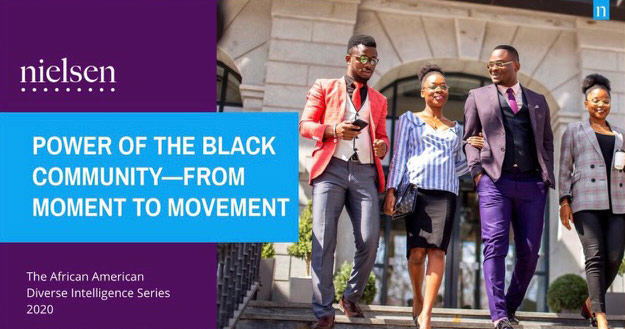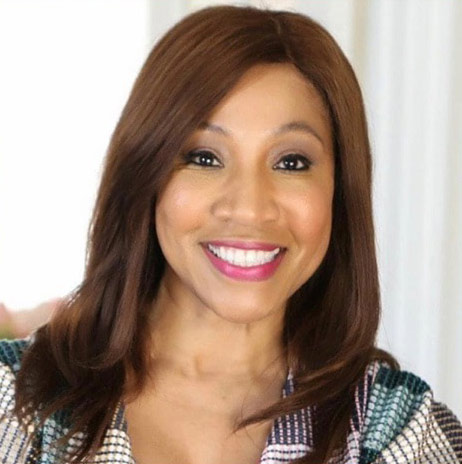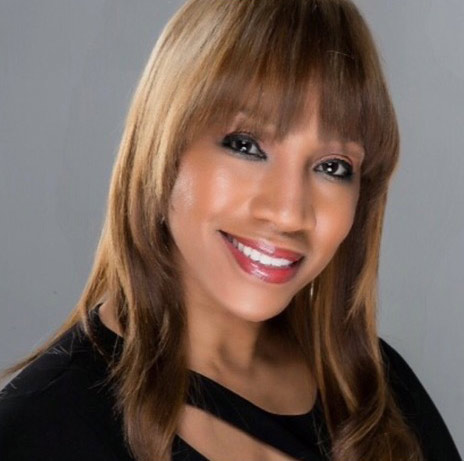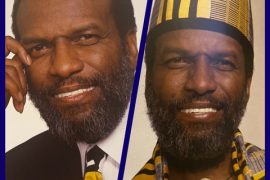In this day where loudly we proclaim Black Lives Matter, and as corporations examine the value of diversity and inclusion, racism remains. So it is the case with media business executive Cheryl Grace. She is a top-notch, stellar Black woman executive who was Senior Vice President of the U.S. Strategic Community Alliances and Consumer Engagement at Nielsen. She has filed suit in Federal Court on racial discrimination.
Her media career started in community affairs at NBC-TV and she held similar positions at R. J. Dale Advertising, Boys and Girls Club, and YWCA. She is a top brand communicator and marketer.
 Cheryl is experiencing racism at NIELSEN, the media rating company. She spoke out and she spoke up. Nielsen is the company that measures consumer, viewing and audience patterns for radio and television and all of the new media, to include podcasting, streaming, and social media. This is the Bible of the advertising community, as it describes and measures consumer dynamics. This is valuable marketing information that helps advertisers decide what medium and what media to buy and sell for commercials.
Cheryl is experiencing racism at NIELSEN, the media rating company. She spoke out and she spoke up. Nielsen is the company that measures consumer, viewing and audience patterns for radio and television and all of the new media, to include podcasting, streaming, and social media. This is the Bible of the advertising community, as it describes and measures consumer dynamics. This is valuable marketing information that helps advertisers decide what medium and what media to buy and sell for commercials.
Cheryl in her position looked at overlooked markets and demographics. She did research on the value and buying patterns of Black consumers and how they spent a trillion dollars and what other ethnic groups, spent to demonstrate the value of the consumer market, and what some advertisers were absolutely missing. Her work transformed marketing with valuable intelligence. Her studies were reports on the impact that equated to market share.

In 2011 she released the Diverse Intelligence Series for Nielsen. It was revolutionary as it impacted the brand’s bottom lines. One such report was “Being Seen on Screen: Diverse Representation and Inclusion on TV.” It focused on “minority” inclusion in television programming. Another study was The Power of the Black Community – From Moment to Movement.” This report focused on the changing aspects of Black consumer impact on the economy and pop culture and how these influences move from moment to movements that bring change to industries and digital platforms. For example, Black TV viewership is the highest, and with some brands out index the average consumer. Such as cosmetics, hair products, and stockings for women. Cheryl Grace was the leader in the community of consumer media research, making Nielsen numbers more credible.
Cheryl started at Nielsen in 2004 as Vice President of Communications and Community Affairs, from there she was promoted to Senior Vice President of Communications and then Senior Vice President Public Affairs and Government Relations and finally to Senior Vice President US. Strategic Community Alliances and Consumer Engagement.
 Along the way, the Chief Executive changed hands. The new CEO, Mr. David Kenney took the helm and also assumed the role of Nielsen’s chief diversity officer. He says he devotes about 10 to 15 percent of his time to that role with staff assistance. Under his direction, the stock has decreased by 26%, according to The Wall Street Journal.
Along the way, the Chief Executive changed hands. The new CEO, Mr. David Kenney took the helm and also assumed the role of Nielsen’s chief diversity officer. He says he devotes about 10 to 15 percent of his time to that role with staff assistance. Under his direction, the stock has decreased by 26%, according to The Wall Street Journal.
So in one of Kenny’s meetings, they discussed racial disparities in salaries and promotions. Grace spoke up. As a Black woman, she inquired about promotions and the referral of describing people working as “slaves.” He told people to be bold with ideas. She wrote a letter to Kenney addressing advancement and expansion in the company. She inquired about her budget that went from $7.5 million to $117,000 along with staff reductions. He responded immediately suggesting a face-to-face meeting. The meeting never occurred. Her call came from legal and human resources asking if she wanted a package to depart. She dared to question her company and the new CEO about her career. He cannot comment on the situation because it is under litigation and neither can Grace.

Kenny’s work is shallow as he talks about openness, equity, and diversity. The case is pending in federal court for racial discrimination.
This is what racism in corporate looks like in 2021. This is what happens sometimes when you speak up.







